Georgia Southern hasn’t denied admission to incoming student even after images of him in blackface surfaced
June 9, 2020
Update – 5:30 p.m. June 9, 2020 – In an email to John Lester, vice president for university communications and marketing, The George-Anne asked for a comment on why Sierra’s enrollment status hadn’t changed after these images surfaced. Lester responded, “Because his actions are protected by the First Amendment to the US Constitution.”
Editor’s Note: The George-Anne acknowledges the images may be upsetting to some readers. Because of this, The George-Anne has decided to black out most of the slur from the images and not use the full word in this story.
STATESBORO — After two images of an incoming freshman in blackface with a version of the N-word surfaced on social media, he is still an incoming student, according to Georgia Southern officials.
Logan Sierra, an incoming freshman from Marietta, has been blasted on social media since the images went viral on Twitter, Instagram and Tik Tok.
One image, which appears to have originated on Snapchat, shows Sierra in blackface with a version of the N-word on his forehead and the caption, “It is to enhance your beauty.”
The other, also appearing to originate from Snapchat, is him shirtless with the caption, “Dark [N-word] hours.”
The George-Anne has not been able to confirm the legitimacy of these images or the captions.
While it is unclear when the pictures were taken, Sierra posted a statement on his Instagram story.
“If you really know me you know I’m not racist,” Sierra wrote. “Honestly y’all are just trying to start more problems when we should be more worried about our country.”
His full statement can be found below.
It is unclear when the statement was posted.
The George-Anne has reached out to Sierra for comment. We have not heard back.
In an email to The George-Anne, GS officials said, in part, “To be clear, these posts do not reflect Georgia Southern University’s values or our ongoing efforts to create an inclusive environment where every individual feels a sense of respect and belonging.”
This is the same statement GS officials provided when Ansley Moody’s Chi Omega membership was revoked after images of her in blackface surfaced.
The George-Anne reached out to TaJuan Wilson, Ed.D, associate vice president of inclusive excellence and chief diversity officer, he referred us to an email sent to students by him and Shay Little, Ph.D, vice president of student affairs.
The full email can be found below.
The George-Anne also reached out to Little and Takeshia Brown, director of the office of multicultural affairs. Little has not responded, while Brown chose not to comment and referred us to Wilson and Little’s email.
In 2018, The George-Anne asked students on-campus what their thoughts of the N-word were. That project can be found here.
This is an active story. The George-Anne will continue to monitor the situation.
Andy Cole, Managing Editor for News Coverage, bc14713@georgiasouthern.edu



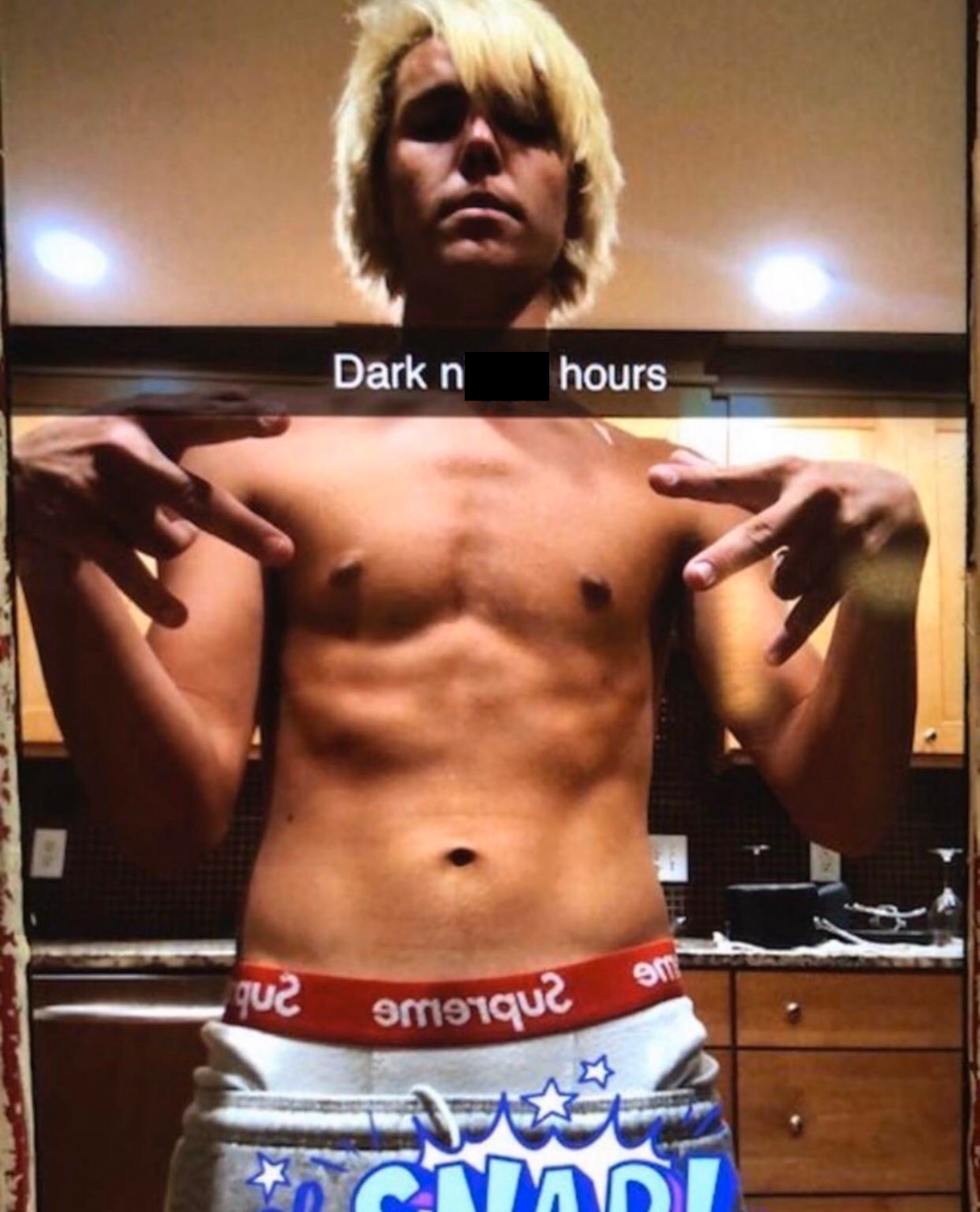
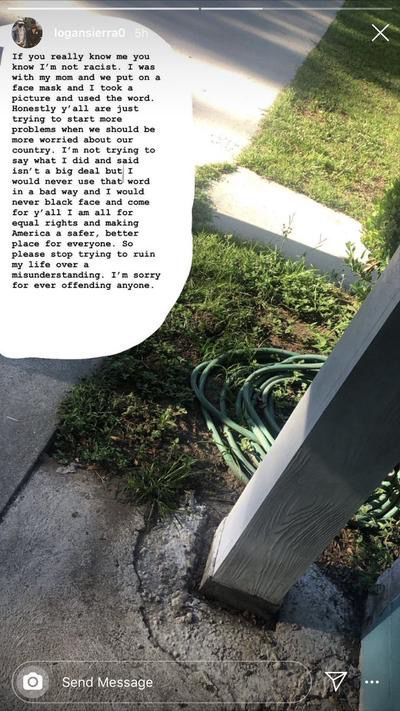
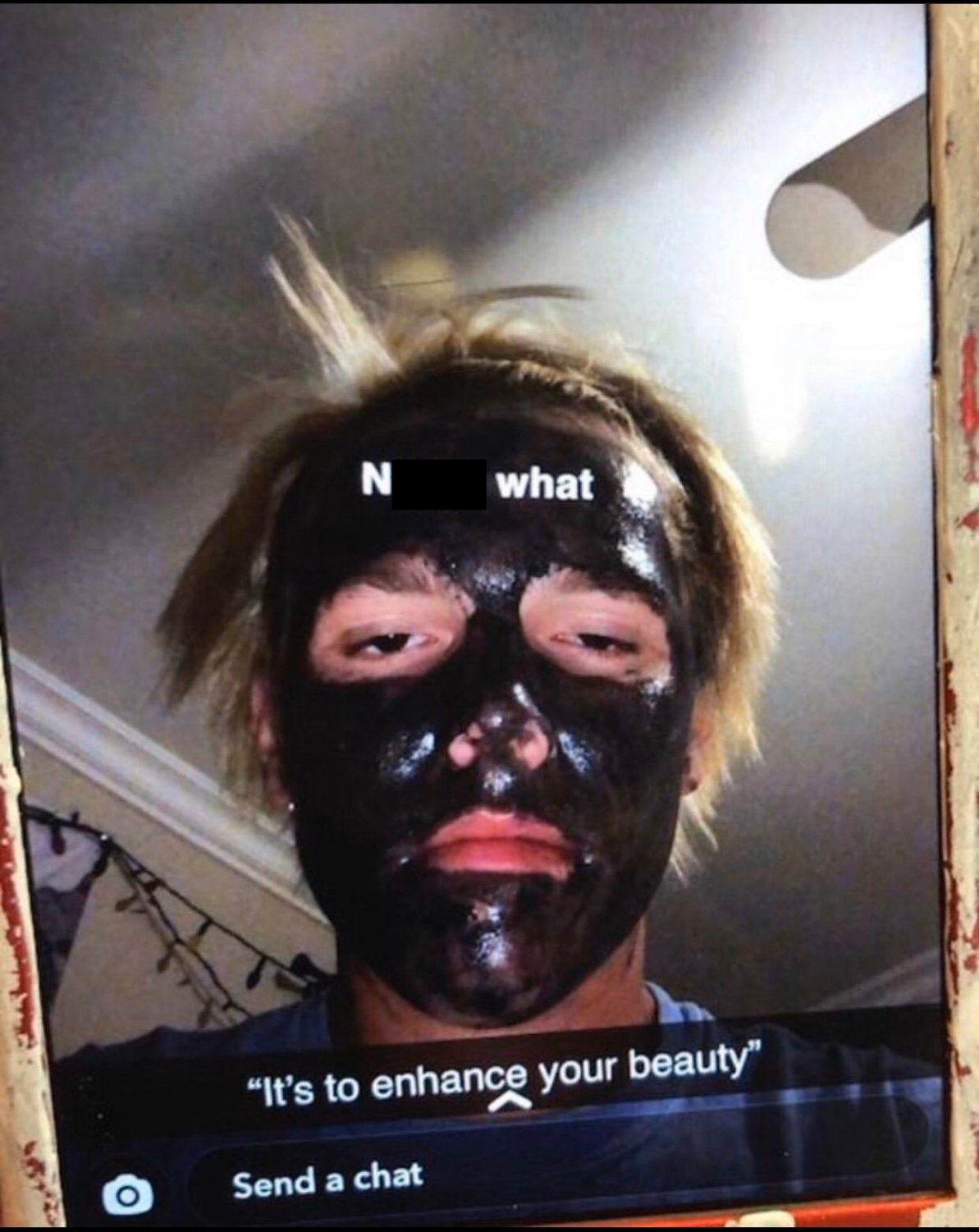
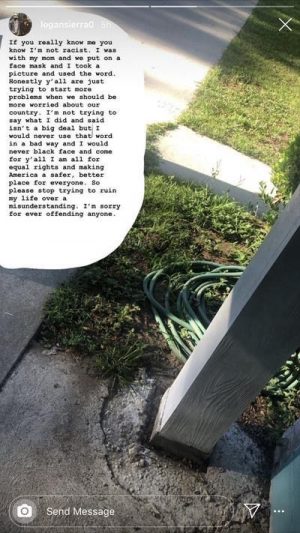
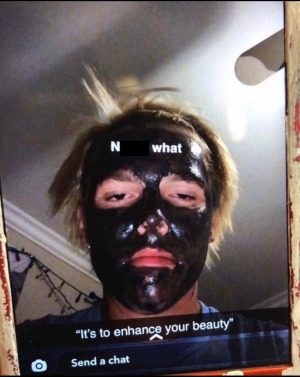
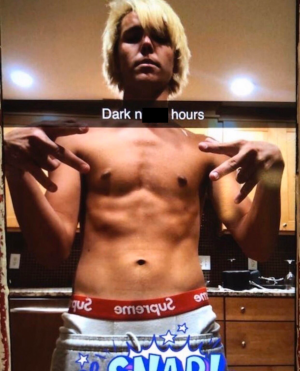
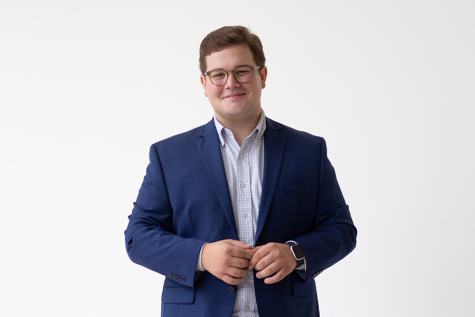
NoVoice • Dec 8, 2020 at 8:05 pm
There is the law and there is perception, but both have value, and it is worth untangling what Andy Cole proposes from using the First Amendment to protect fundamental rights that most of us do not want to see compromised under any circumstances, and using the First Amendment as an excuse for failing to counter highly inflammatory language or actions aimed at harassing, intimidating, and diminishing a community or group.
The University wants to brand itself as being anti-racist and respecting constitutional laws whereas many students perceive the University’s responses to racist incidents as inadequate and as sending the wrong message that hate is allowable and that it should be tolerated. I find myself siding with students’ frustration on this argument, and not because I don’t respect First Amendment protections. I do. I think that the University is absolutely correct to respect first amendment rights, at least in terms of not taking punitive action against those who have used their speech in abhorrent ways. We cannot set the precedent of punishing someone for expressing their opinions. We don’t have to, however, tiptoe about expressing how disgusted we are by such opinions.
That is why I am not just offended but also wounded by the rote response that follows the so-called Free Speech excuse: “To be clear, these posts do not reflect Georgia Southern University’s values or our ongoing efforts to create an inclusive environment where every individual feels a sense of respect and belonging.”
The disconnect here is that while the First Amendment rights are an inarguable reason why the University should not take punitive action against speech, that does not excuse the failure to condemn in strong words the hate itself and to point out how abhorrent it is to our values.
Apparently, university leaders are not allowed to use the word “abhorrent” nor even “antithetical” in this context. In other words, they tell us, free speech does not belong to the leaders and members of the institution that upholds inclusive values; only to those who wish to smear those values.
Let us not be naive. Black-face, racial slurs, and anti-semitic or other types of slurs are not just failing to “reflect Georgia Southern’s values;” they are antithetical to those values and unacceptable in a democratic society. We should be clear about that. A blackface post is a strong statement, and it merits a strong response.
We should not allow ourselves to be held hostage by the false equivalencies that haters on the fringe of democracy, who hate democracy, would try to bind us with. All opinions are protected and that protection is sacrosanct, but not all opinions have a value to democracy – most opinions, nearly all are deserving to be heard, examined, considered, but some are destructive and antithetical to democracy, and deserve to be designated as unacceptable to those who believe in democracy and in the fundamental rights of all human beings. So while those who hold abhorrent opinions ought to be protected from legal prosecution and punitive measures, their opinions do not merit being handled with kids’ gloves.
To call it out when someone’s speech is hateful and abhorrent is not a violation of anyone’s Free Speech. It is protected by Free Speech. We should be unequivocal about what we mean – hate has no business here. A representative of an institution of higher learning should not have any hesitation in being clear about that. And we should not have to go behind closed doors to whisper it. The blackface, the book burning, the racial slurs are loud, piercing, shattering declarations that travel like wildfire to the hearts and minds of people. The response to such uncalled for attacks and displays of hate have to be as decisive, as clear, as piercing and immediate, and there is no excuse for not doing that. None whatsoever.
Because while the official response may have intended to show neutrality what most of us heard was a willingness to tolerate hatred and to consider it on the same level as other values.
Being willing to engage someone in educated discussion over differing opinions is not the same thing as tolerating hateful attacks without holding the people who hurl them accountable for the damage they cause, for the baselessness and ignorance of those claims, and for the suspect motivations. The haters may be protected from legal retaliation but that does not mean that it makes their opinions acceptable discourse worthy of inclusion in the University’s professed value system. These false equivalencies have dragged us down for too long, making room for ignorance and racism to thrive in spite of the efforts of many good people to eradicate both, and Georgia Southern should never have to adjust its language for fear of offending vile hatred’s right to be uttered, and it certainly cannot do so without betraying the vast majority of its own community.
Many tried to speak up when institution officials failed to do so, and many, too many, were soon shut down by the legal department – whose free speech were these lawyers protecting? Traumatized students were told that their pain was the price they had to pay for Free Speech, even as that free speech was being denied to those who tried to support them.
Only the haters get to use Free Speech in their defense. This is unacceptable.
How does Mr. Wilson expect us to take the University’s anti-racist mission seriously if the University officials who are their highest representatives are unwilling to use strong and unequivocal words to condemn bias, to condemn discrimination and hate, to point to the destructive effects these have on individuals, communities, and on democracies as a whole? I understand they want to preserve their jobs. But how can we commit to anti-racism when the problem is systemic within the very institution’s power structure? Is it any wonder few of us are taking these measures as genuine?
If we cannot use Free Speech to show our solidarity for the students who were targeted, to condemn as vile the intolerance contained in the messages, and to openly acknowledge the damage that those hateful “expressions of Free Speech” have on the psyche and souls of entire communities, then we really don’t have Free Speech, and Free Speech is nothing but an excuse, a fake idea not worth defending and students are right to be outraged. If an institution of higher learning thinks that the politics of the system trump Free Speech, that institution’s multi-million dollar efforts to protect diversity will invariably come across as a sham. Students see through it. We all see through it.
I do not blame the institution for respecting Free Speech when it comes to not abusing legal means to silence an abhorrent message. I do blame the institution for not condemning that abhorrent message in very strong terms. There is simply no excuse for it. Ironically, considering who makes the rules about what to say and when points straight to the very definition of “systemic” when we talk about “systemic racism” and “systemic oppression.” Even the President could not choose his own words to condemn a recent racist incident that made national news, yet Free Speech protected the students who disrupted long-term the minds and souls of peaceful community members who did nothing to provoke such hate and intolerance.
That is the elephant in the room that no amount of millions spent in initiatives and campaigns can dispel. The efforts do not sound genuine because the initiative is targeted to individuals who have been rendered powerless to begin with, and it operates under the very same oppressive system that has silenced individual voices — to the point where community members are first assumed to be property of the University if they can offer any statement, and then because of that, muzzled by corporate rules, even if such silencing contradicts the very values that the University claims to uphold.
Until we are all protected by Free Speech none of us are. Until we are all committed to be clear about what is acceptable and what isn’t, no effort will succeed.